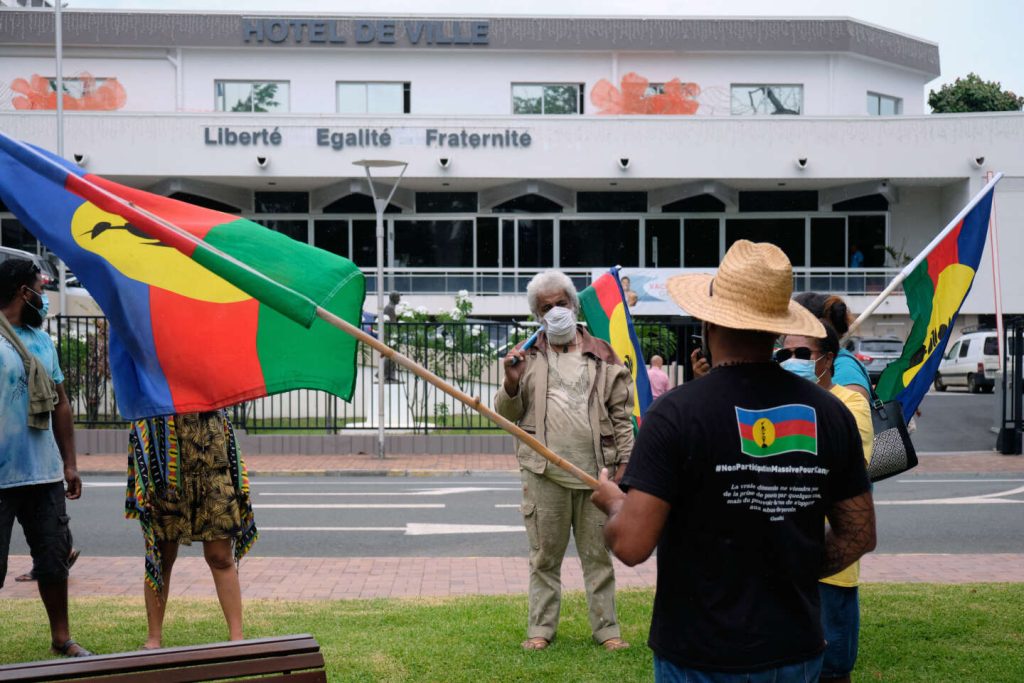The story begins with a missed opportunity on October 28, 2022, when Elisabeth Borne hoped for a united photo at Matignon involving political leaders from New Caledonia. However, only the loyalists showed up, as the independence movement leaders of the FLNKS chose to boycott the event. They have put aside their differences to say “no” together, refusing to engage in dialogue as it is currently proposed. The political process in New Caledonia, which began in 1998 with the Noumea Accord, is coming to an end, and France must now shape the future of this document that aims to organize decolonization and grant autonomy to the Kanak identity.
The Noumea Accord recognizes the Kanak identity, establishes autonomous institutions, and promises economic restructuring for the territory and its 270,000 inhabitants. This agreement, which was meant to last for twenty years, expanded the boundaries of the French Constitution, offering a unique status to New Caledonia. It states that after twenty years, the territory could potentially gain control over sovereign powers and seek full international responsibility, as well as organize citizenship based on nationality. However, this has been a contentious issue in New Caledonia, centering around the delicate balance between the European and Kanak populations.
Since the end of 2021, there has been a breakdown in communication between the State, the independence movement, and non-independence supporters. Following the two independence referendums in 2018 and 2020, the third referendum was boycotted. The FLNKS requested a postponement until after the 2022 presidential election, but President Emmanuel Macron proceeded with the vote. The outcome, with a significant abstention rate of 56.1%, presented a challenge for both sides. The French government sees this as a crucial moment to shape the future of New Caledonia, as the territory has evolved significantly since the near-civil war in the 1980s, having prospered and become more diverse.
New Caledonia has developed a unique identity, bringing together all those impacted by its history, including Kanak descendants, descendants of convicts, and exploited indigenous peoples from the colonial era. A sense of “being Calédonien” has emerged, transcending traditional labels of French or local identities. Both independence and non-independence supporters claim to identify more as Calédoniens than French. The current impasse in dialogue between the different political factions reflects the complexities and challenges faced in charting a path forward for New Caledonia, as they grapple with defining their future relationship with France and their own national identity.


